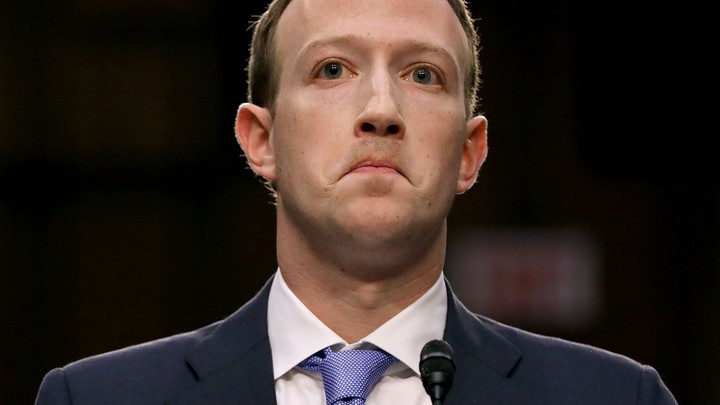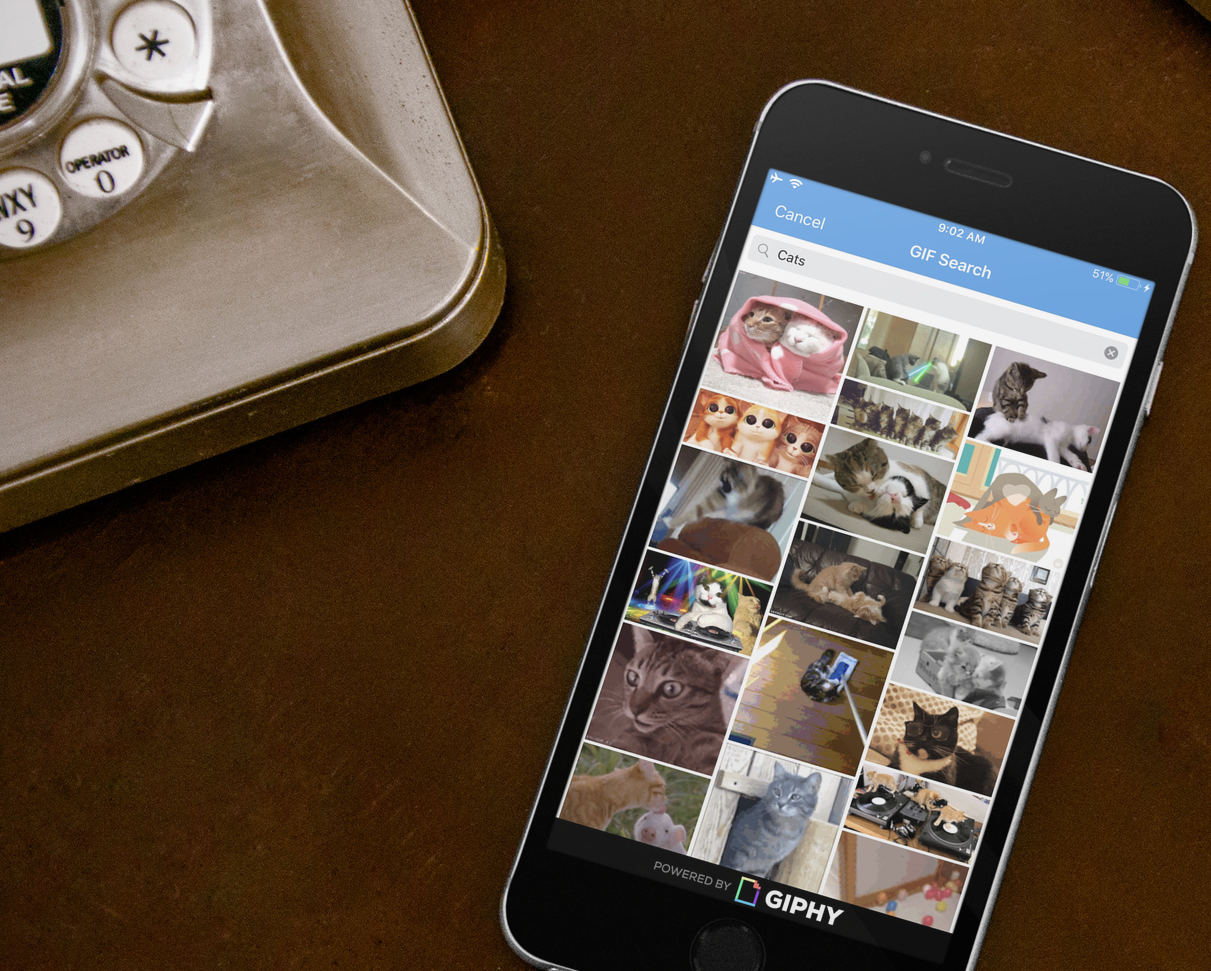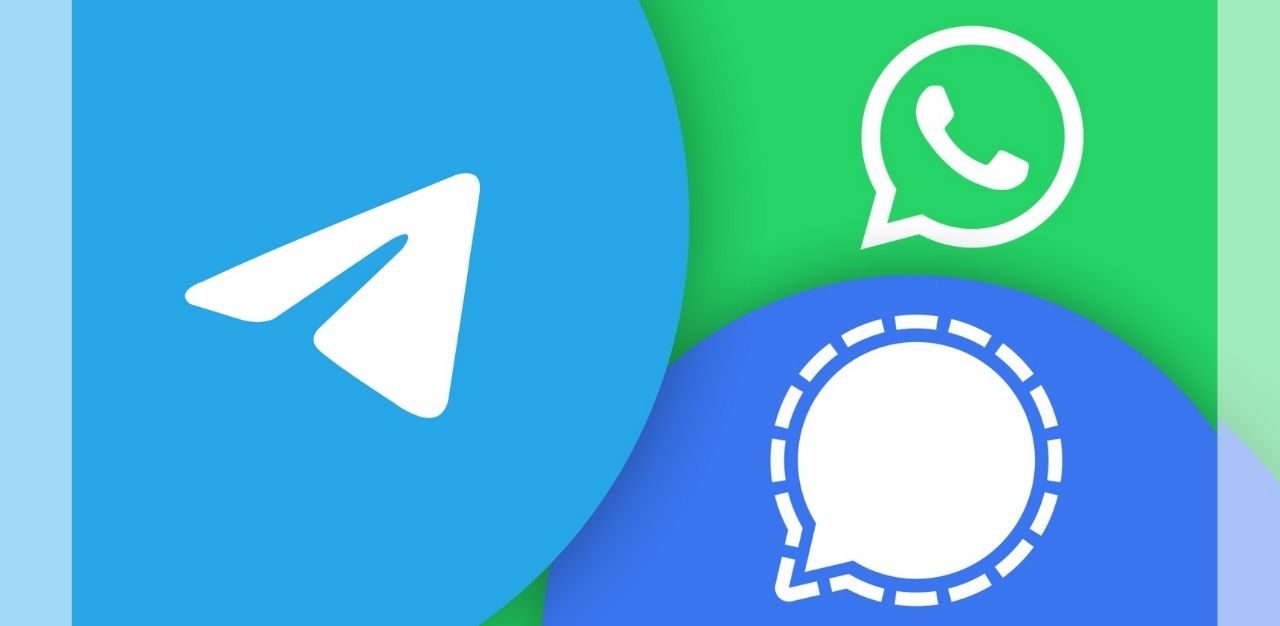Fill me in about these mixed signals.
Recent revelations of WhatsApp’s plans to share user data with the Facebook application sent many in the world clamouring to delete the widespread application, that has a user base of more than a whopping 2 billion. Instead, they downloaded Telegram or Signal — both applications pride themselves on encryption and security.
Just a week ago, Telegram announced that it had acquired 500 million active users. Meanwhile, we don’t know how many active users Signal has at the moment, although the application is so hotly demanded right now that it got downloaded more than 1.3 million times last Monday. Signal’s boom is also largely owed to a tweet by Elon Musk on 7 January, recommending that his 42 million followers download the application.
What Tesla space-car guy says, it must be true.
READ: Looking to Jump Ship from WhatsApp to Telegram? Here’s How

What happened with WhatsApp, exactly?
Sometime in December 2020, WhatsApp began notifying its users that it had updated its privacy policy and terms of service. It also said that if users did not accept the changes, they’d not be able to use the application beyond 8 February.
Within WhatsApp’s updated privacy policy, users spotted a section that detailed what data would be collected and shared with Facebook, WhatsApp’s parent company infamous for questionable practices when protecting user data.

For a while now, WhatsApp has offered end-to-end encryption on private messages, both between individuals and Facebook. When conversations with businesses aren’t encrypted, users are notified. The information that WhatsApp does collect is user information, like the frequency with which people use the application and other information such as IP addresses of users.
According to WhatsApp, this is in order for Facebook to help its companies “operate, provide, improve, understand, customise, support, and market our Services and their offerings.”
If you’re freaked, maybe consider the fact that not much has actually changed as far as data sharing goes, according to the company. WhatsApp’s last global privacy policy update was in 2016, at the time offering users the ability to opt-out of sharing data with Facebook. The privacy policy no longer makes reference to that option.
For the most part, it’s business users that WhatsApp’s data-sharing practices will affect, with businesses now being able to talk to customers on WhatsApp and then store chat logs on Facebook.
Now, WhatsApp has been trying to do damage control in numerous ways, including publishing an FAQ on privacy practices. Though it’s a fact that most people would probably not bother.
If that’s the case, then why Signal and Telegram?
Signal was launched in 2018, assisted by WhatsApp co-founder Brian Acton, who had left the company the year before. During the launch of Signal, he announced that Signal aims to provide “sustainable technology that respects users and does not rely on the commoditisation of personal data”.

And it’s in that statement that the heightened propositions of Signal and Telegram lie. Beyond megalomania, Facebook and WhatsApp also reek of commercialisation. If this recent news has made you question your habits recently, maybe you’re ready to make a switch. But if you don’t see it as much of a problem, then leave it be.
Besides, Facebook, WhatsApp, and Google (to name a few) have long been using your data to allow companies to better target their marketing toward you. It’s the same reason why perhaps, you may see a clothing company’s ad with an image of an outfit that you almost purchased from them yesterday.
And if you’re looking to jump ship, both Telegram and Signal offer excellent value. Telegram is known for its ability to schedule messages, start secret chats, and send files without compromising on file sizes and quality. Signal is also creating features similar to those of WhatsApp, including chat backgrounds and “about” sections for user profiles.
But if you’re going to be sticking to WhatsApp, look out for in-app purchases via Facebook Shop.
“We don’t keep logs of who everyone’s messaging or calling. We also can’t see your shared location and we don’t share your contacts with Facebook,” it said.
Join the conversations on THG’s Facebook and Instagram, and get the latest updates via Telegram.




























